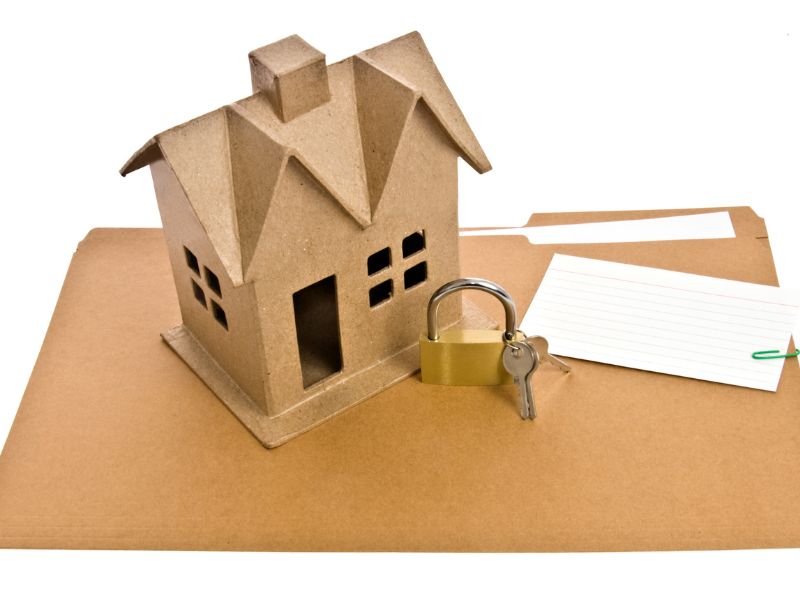 With the New Year, the final week only featured the normal reports of Jobless Claims, S&P Shiller Home Price Index (YoY), and the Chicago Business Barometer. All of them will have limited impact compared to the GDP and the Inflation data reports that have already been released.
With the New Year, the final week only featured the normal reports of Jobless Claims, S&P Shiller Home Price Index (YoY), and the Chicago Business Barometer. All of them will have limited impact compared to the GDP and the Inflation data reports that have already been released.
S&P Shiller Home Price Index (YoY)
For the ninth consecutive month, home prices in prominent U.S. metropolitan regions have surged, reaching an all-time high. This increase is attributed to an ongoing shortage of available homes for sale. In October, the S&P CoreLogic Case-Shiller 20-city house-price index, after seasonal adjustments, showed a 0.6% rise compared to the preceding month.
Chicago Business Barometer
The Chicago Business Barometer, also known as the Chicago PMI, fell 8.9 index points to 46.9 in December.
Economists polled by the Wall Street Journal had forecast a 50 reading.
The index had jumped to 55.8 in November, the highest level in 17 months, after the end of the United Auto Workers strike.
Primary Mortgage Market Survey Index
• 15-Yr FRM rates seeing a week-to-week decrease by -0.02% with the current rate at 5.93%
• 30-Yr FRM rates seeing a week-to-week decrease by -0.06% with the current rate at 6.61%
MND Rate Index
• 30-Yr FHA rates saw a -0.04% decrease for this week. Current rates at 6.08%
• 30-Yr VA rates saw a -0.04% decrease for this week. Current rates at 6.09%
Jobless Claims
Initial Claims were reported to be 218,000 compared to the expected claims of 215,000. The prior week was 206,000.
What’s Ahead
Next week will be a light release week with one major report being the Consumer Price Index and Producer Price Index, which will show the inflation rates over December.
 Rate locks play a crucial role in the mortgage application process, helping borrowers secure a favorable interest rate for their home loan. Here’s an explanation of the importance of rate locks and when and how to secure the best rate:
Rate locks play a crucial role in the mortgage application process, helping borrowers secure a favorable interest rate for their home loan. Here’s an explanation of the importance of rate locks and when and how to secure the best rate: Using online mortgage lenders can offer several advantages and disadvantages compared to traditional brick-and-mortar lenders. It’s important to weigh these factors based on your individual preferences, needs, and financial situation. Here’s a breakdown of the pros and cons:
Using online mortgage lenders can offer several advantages and disadvantages compared to traditional brick-and-mortar lenders. It’s important to weigh these factors based on your individual preferences, needs, and financial situation. Here’s a breakdown of the pros and cons: